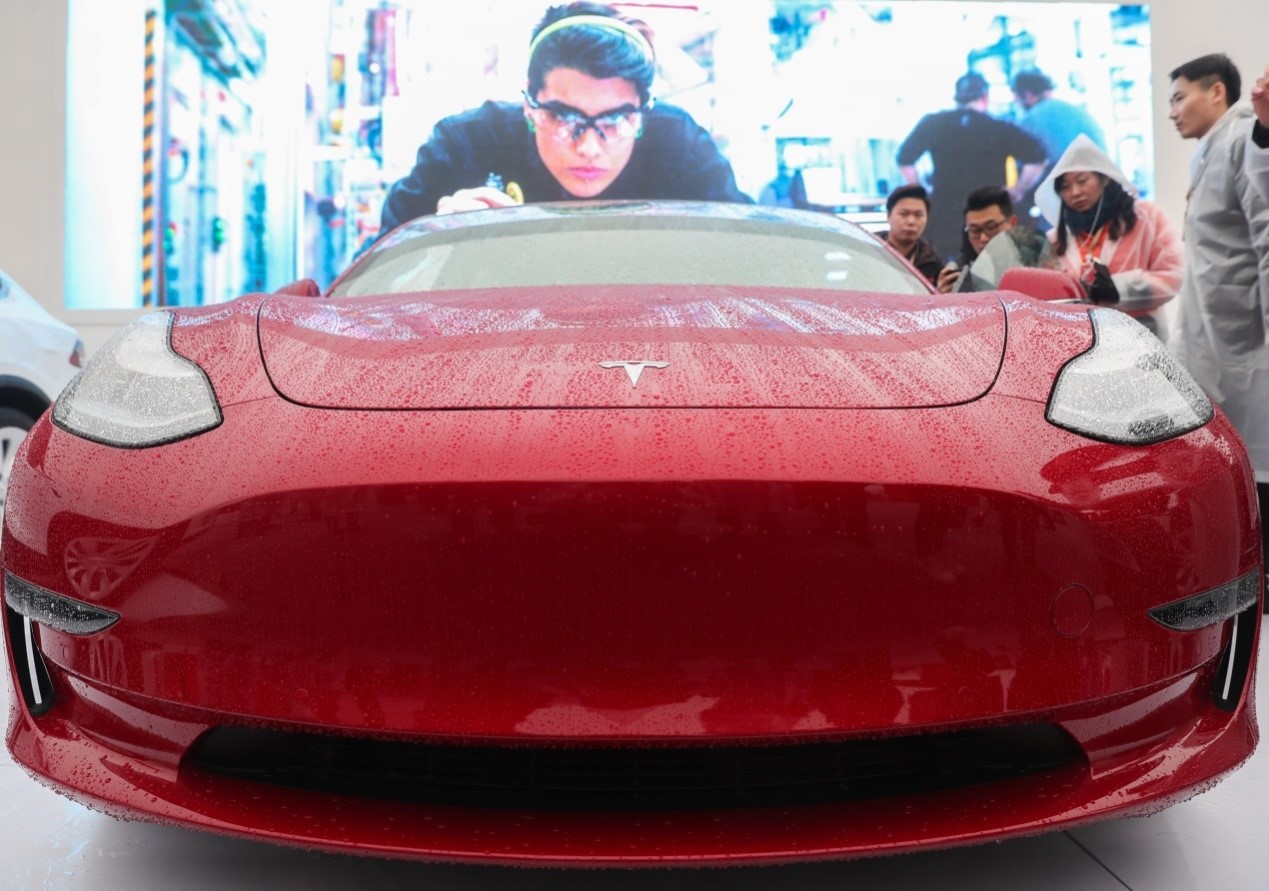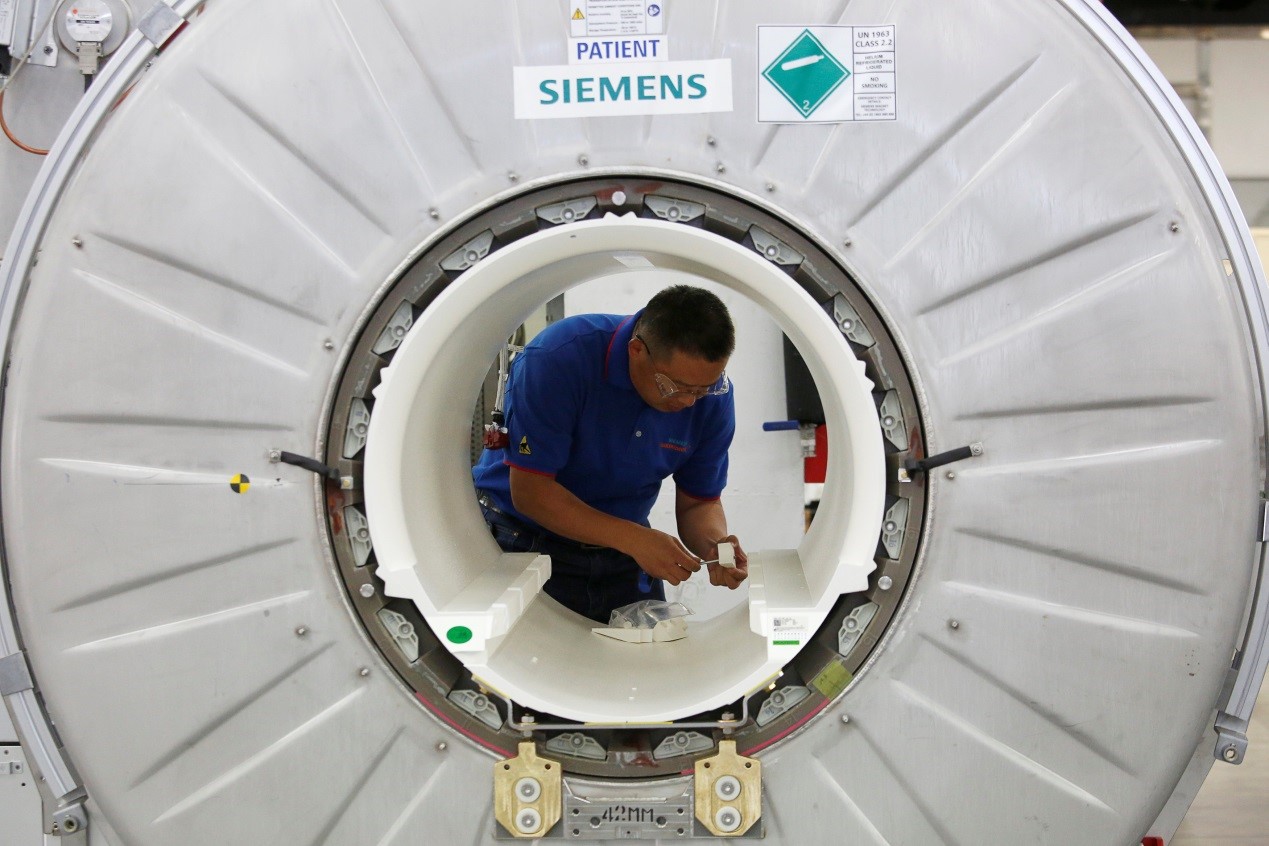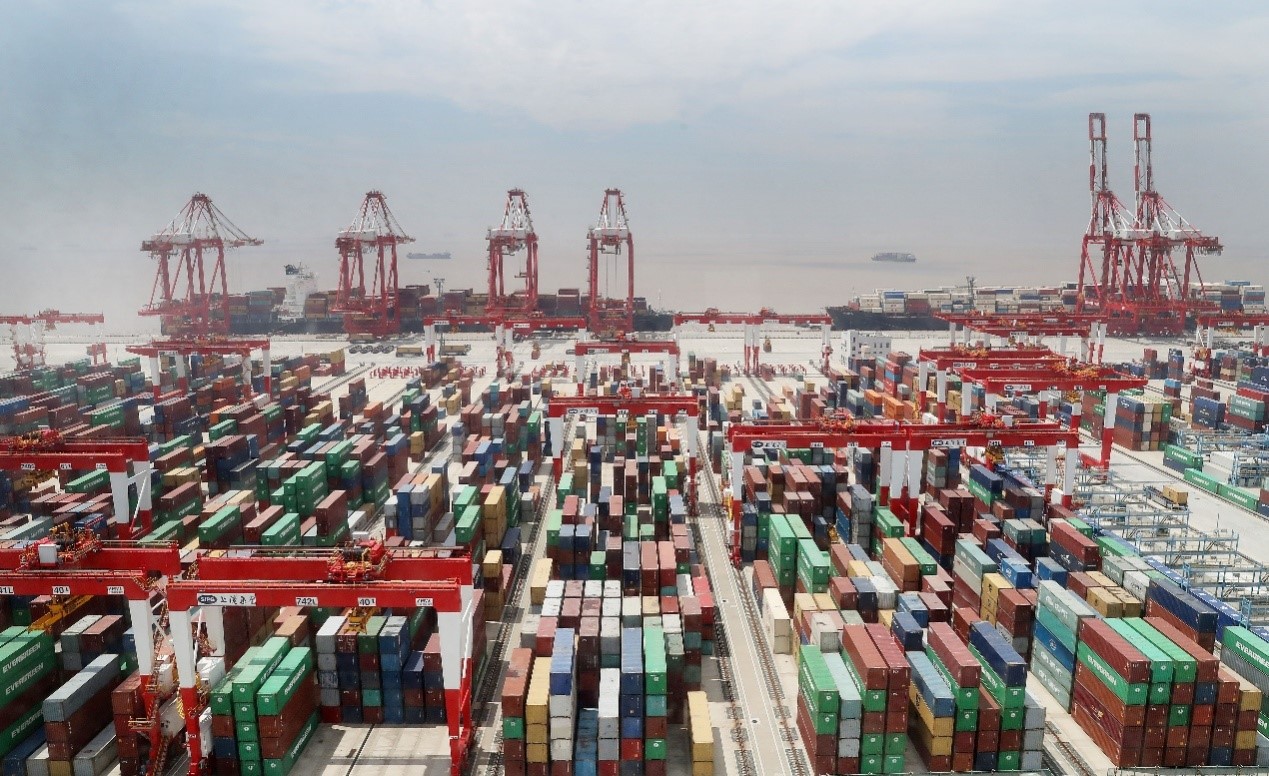China’s actual use of foreign capital hits $135 bln in 2018
Source: People’s Daily
Global foreign direct investment (FDI) bottomed out in 2018 to levels last seen during the global financial crisis, said the Global Investment Trends Monitor released by the United Nations Conference on Trade and Development (UNCTAD).
However, China still successfully stabilized foreign investment and used foreign capital of $135 billion, hitting a historical high.
Over 60,000 foreign-funded companies were newly registered in China last year, up by 69.8 percent from a year earlier. The number of big projects with contractual foreign capital of over $50 million was nearly 1,700, growing 23.3 percent. Positive progress was made in major investment projects led by Tesla, BMW and other foreign companies.
The actual use of foreign capital topped 885.6 billion yuan ($135 billion) last year, seeing a 3-percent year-on-year growth and hitting a new high.
Nearly a quarter of limitations were lifted in the Special Administration Measures (Negative List) for the Access of Foreign Investment (2018) released by China, and the market access for foreign capital to 22 sectors were lowered, including finance, transportation, automobile and shipbuilding industries.
In the World Bank Group’s Doing Business 2019 report, China ranked the 46th among 190 economies regarding the ease of doing business last year, rising by 32 places.
“We’re quite proud of our decision made 46 years ago to invest in China,” said Yang Xiaoping, president of BP China. “We are very confident about the new investment and businesses we launched in China last year.”
Yang noted that the latest edition of negative list released by China last year created more investment opportunities for BP.
“In the previous year, Walmart continued expanding its investment in China. It invested a project with a total of over 700 million yuan, creating the highest record for the company’s single investment since its entrance to the Chinese market 22 years ago,” introduced Chen Wenyuan, president and CEO of Walmart China Co. Ltd.
“China’s consumer market is full of dynamism and is showing strong attraction”, said Yang Guochao, senior vice-president of Royal FrieslandCampina Greater China.
Dr. Thiess Petersen, an economist of the Bertelsmann Foundation in Germany, noted that with a series of policies implemented to improve investment environment, foreign investors would enjoy better facilitation and efficiency in China.
“German companies are full of confidence in investing in the country,” said Petersen.
A Tesla’s Model 3 is being exhibited at the foundation-laying ceremony of the Phase I project of Tesla’s supper factory in Shanghai. The largest foreign-invested manufacturing project in Shanghai started construction in Lingang area on January 7, 2019. (Photo: Xinhua News Agency)
A woman is shopping for Spring Festival at a Walmart in Kunming, Yunnan province in southwestern China, January 24, 2019. (Photo: CFP)
The world’s first Starbucks Reserve Princi Bakery Café came to Grand Gateway 66 in Xujiahui shopping district, Shanghai, February 16, 2019. (Photo: CFP)
The photo shows the lounge on the first floor of MUJI Hotel Beijing, Japanese retailer MUJI’s second hotel around the globe. The hotel was officially opened in Beijingfun at Dashilan, a shopping street within Qianmen area on June 30, 2018. (Photo: CFP)
A staff is working at a production line of Siemens Healthineers in Shenzhen, Guangdong province, May 25, 2018. (Photo: CFP)
A staff of a Chinese exhibitor is introducing a robot to foreigners at the 2018 China Yiwu International Intelligent Manufacturing Equipment Expo. The expo was held in Yiwu, eastern China’s Zhejiang province on November 29, 2018, attracting a large number of enterprises from China, the US, Germany, Japan, Singapore, and Italy. (Photo: Gong Xianming / People’s Daily Online)
The photo shows a bird view of containers piled up at the fourth phase of the Yangshan Deep Water Port, the world’s biggest automated container terminal, May 17, 2018. By June 2018, 8,696 foreign-invested companies had been registered in the Shanghai Free Trade Zone since the latter’s establishment, with total contractual foreign capital topping $110.24 billion. Over 98 percent of these enterprises were approved through online filing mechanism. (Photo: Xinhua News Agency)



















